U Delaware team develops prototype efficient direct ammonia fuel cell for transportation
Green Car Congress
JULY 31, 2019
With recent and projected cost declines in wind, solar, and lithium-ion batteries, electrification using batteries has become a viable option for applications compatible with the inherent range limitations and recharging time. However, the scale of biofuels is limited by their environmental footprint, considering the land and water usage.



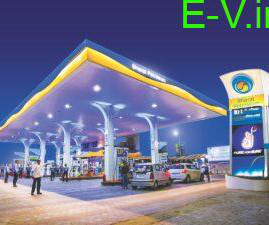

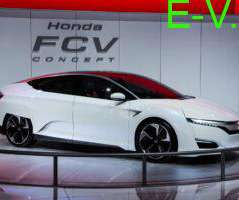



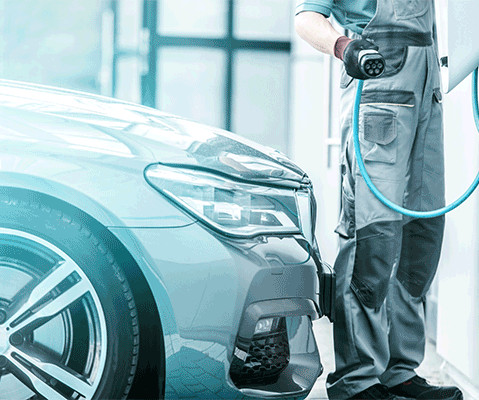
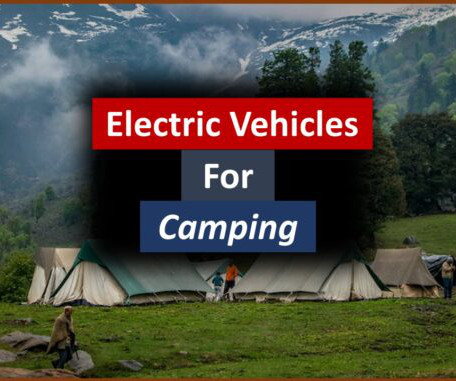



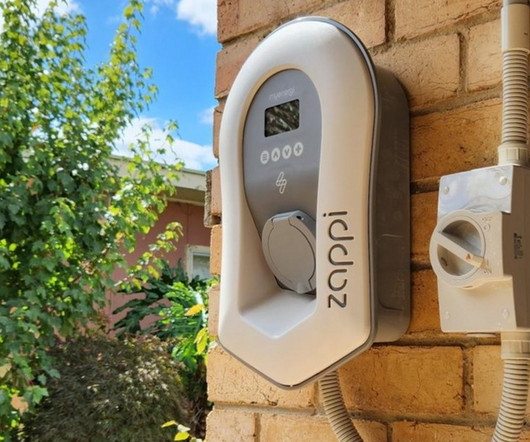


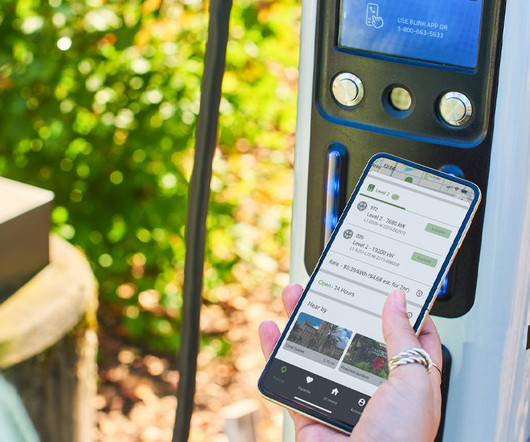






Let's personalize your content